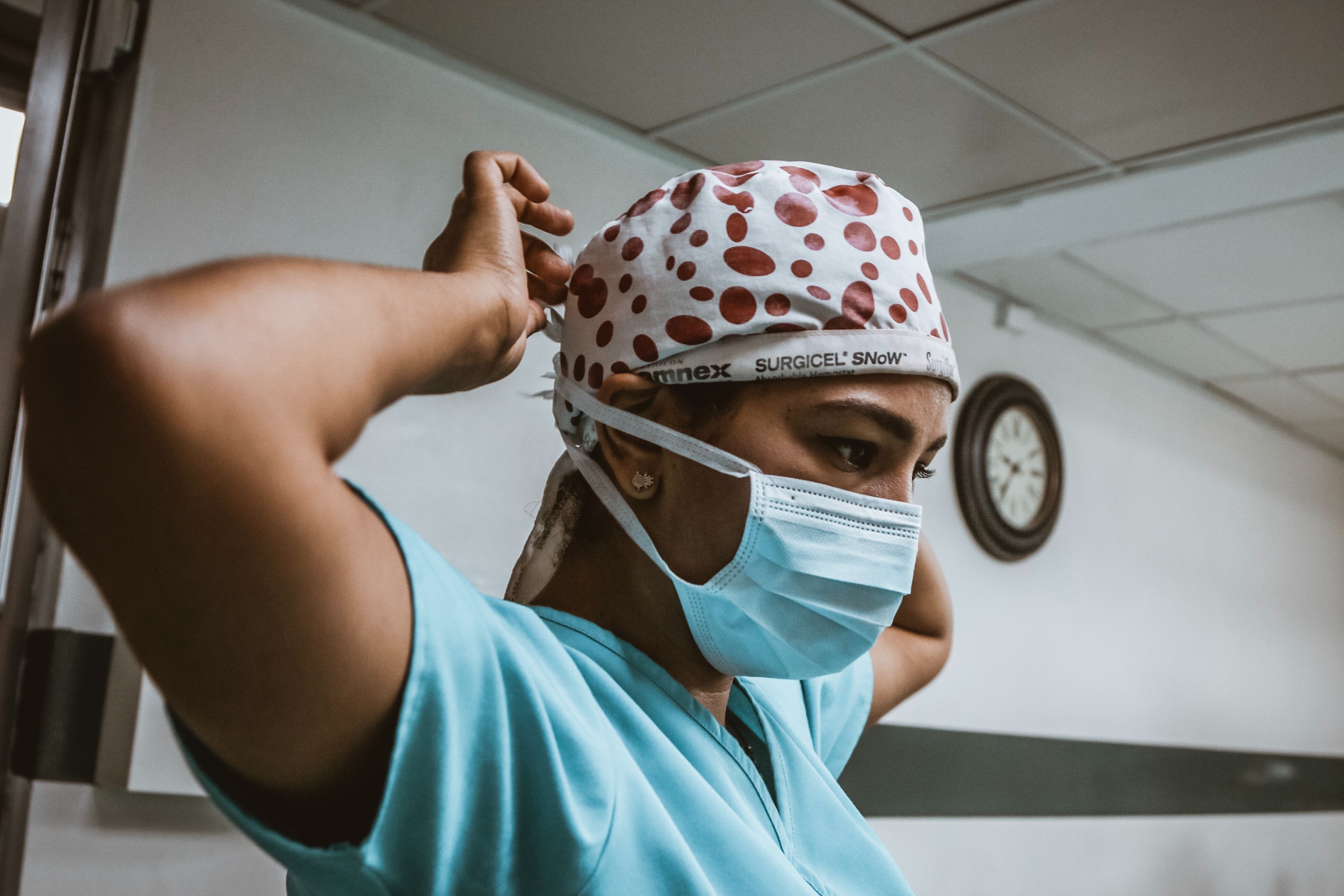Article
Oral Vancomycin Prophylaxis Successfully Used to Prevent C diff Infection in Transplant Patients
Author(s):
A small study found oral vancomycin prophylaxis prevented C diff infection in thoracic transplant patients.

Post-operative Clostridium difficile (C diff) infection prophylaxis prevented the infection in the treatment arm of thoracic transplant patients, according to a paper published in The Journal of Heart and Lung Transplantation.
Investigators from NYU Langone Health in New York retrospectively reviewed 109 thoracic transplant recipients in order to determine C diff infection during index hospitalization for this population. C diff is linked to increased morbidity and mortality in this population post-operation, the study authors noted. In response to these cases, their institution implemented primary C diff infection prophylaxis with oral vancomycin 125 mg twice daily.
The thoracic transplant patients were treated between January 2018 and March 2020 and they were excluded from the analysis if they were treated with postoperative antibiotics for greater than 48 hours, had a history of C diff infection, had less than 80% overlap of prophylaxis with antibiotics, or in-hospital mortality. Patients were then divided into groups based on receipt of oral vancomycin prophylaxis (OVP) or no prophylaxis (NO PPX).
There were 63 lung and 46 heart transplant recipients in the analysis group, of which 20% (n = 22) received prophylaxis and the remaining 87 patients did not. There were no notable differences in baseline demographics between the 2 groups, and the hospitalizations or antibiotic receipt did not differ between the 2 groups either.
Between the No PPX and the OVP groups, the median length of stay was 30 and 43 days, the study authors observed. More patients in the OVP group were mechanically ventilated longer than 72 hours after transplant or on ECMO compared to the No PPX group.
During the hospitalization period, the study authors observed that C diff infection occurred in 6 patients in the No PPX cohort and zero patients in the OVP cohort.
“Despite a higher degree of post-transplant organ support and significantly longer duration of antibiotics and length of stay, the incidence of C diff infection trended lower with the use of OVP,” the study authors concluded. “Primary OVP should be investigated in larger cohorts.”
A 2013 paper published in the same journal noted that among lung transplant patients, recipients who developed C diff infection had a higher risk of death. This was especially true when infection occurred within the first 6 months after transplant, the authors observed.
Additionally, a meta-analysis and review of oral vancomycin prophylaxis for the prevention of C diff infection published in 2021 found that OVP appeared to decrease the risk of infection in patients with prior history who required systemic antimicrobial therapy. The review evaluated 4 studies that included 1532 patients. However, the authors also noted that OVP was not effective for primary prevention of C diff infection.
For transplant patients in particular, those study authors noted that 3 studies were relevant and among those patients, the rate of future C diff infection in patients on OVP was 6.7% compared with 21.6% in a group of No PPX. There was no statistically significant decreased risk of future C diff infection with OVP after meta-analysis was conducted.





